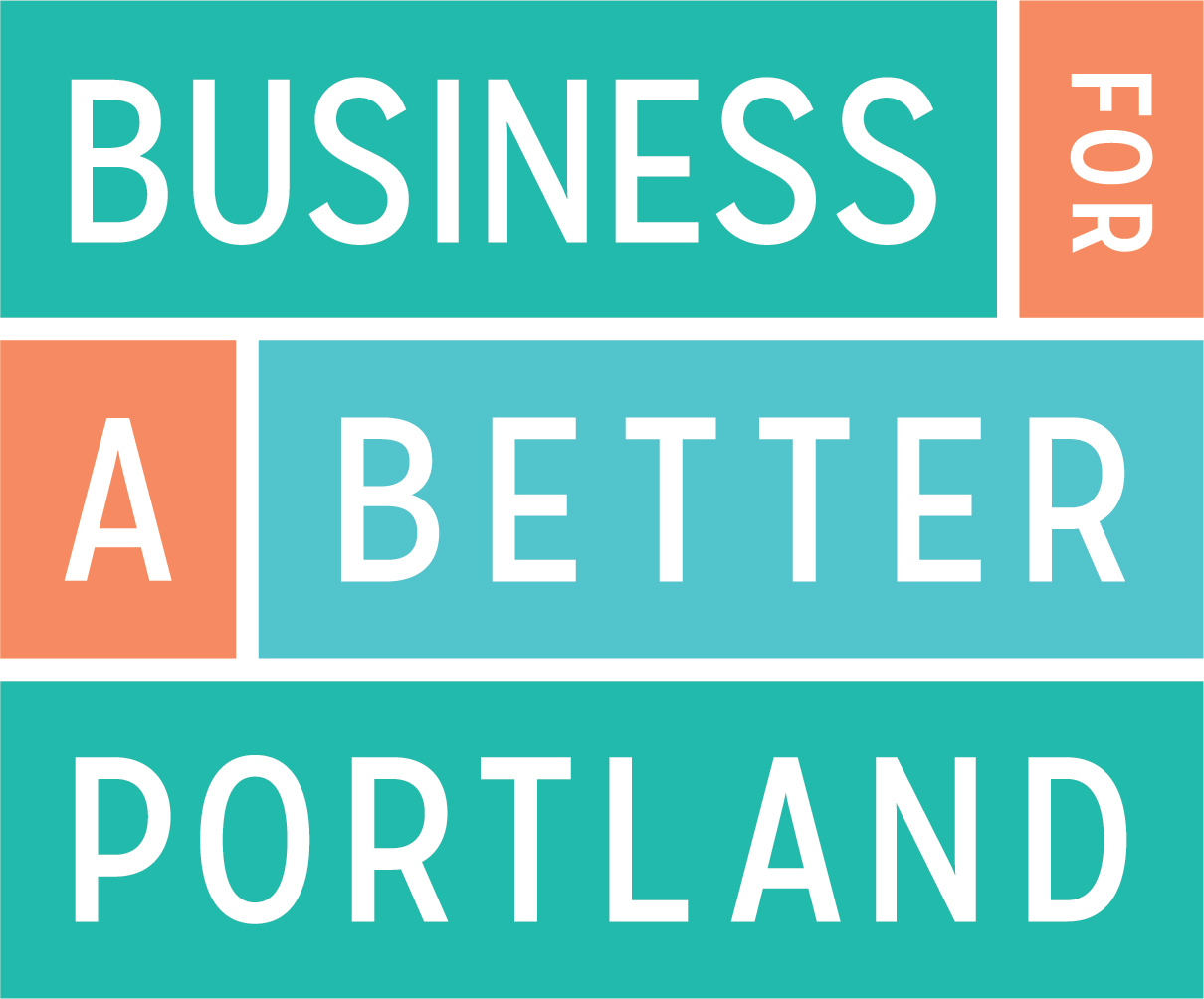As Portland grows into the city it dreams of becoming, we know change is inevitable. When reevaluating the rules about what kinds of housing are allowed in Portland neighborhoods, people understandably worry that it could be a change for the worse. But what the status quo has yielded is unacceptable: a persistent housing crisis that creates hardships at various points along the income spectrum. People experiencing homelessness are the most visible and acute victims, but middle-income people and local businesses are also experiencing significant challenges as market pressures make it more and more expensive to live here. While some sectors profit from this condition, the economy as a whole suffers:
Households are overburdened by housing costs and have less disposable income.
Fewer and fewer people are able to afford to buy property, which severely limits their ability to build wealth.
Companies can’t compete for talent because the employees they are seeking can’t find affordable places to live.
People are forced to live further and further away from where they work, creating additional financial and quality-of-life burdens associated with transportation.
Culturally-specific business districts are threatened when their communities are displaced.
Many strategies are needed to address the many aspects of a housing crisis. This summer, the state took the bold step of requiring all cities in Oregon with a population greater than 25,000 to allow “missing middle” housing types (duplexes, triplexes, fourplexes, etc.) to be built in neighborhoods. Portland has been developing a similar policy for years, and City Council is poised to adopt it as a part of a package of “Housing Options Initiatives” that includes revisions to the multifamily zoning code and a groundbreaking set of anti-displacement strategies.
Business for a Better Portland is bringing together a robust slate of speakers to frame these issues at a range of scales: Ernest Brown, a young professional from Oakland who works with an advocacy organization called East Bay for Everyone, will give a keynote address introduced by Congressman Earl Blumenauer. This will be followed by a panel discussion moderated by Adam Davis of Oregon Humanities with Dr. Marisa Zapata (Homelessness Research & Action Collaborative at Portland State University), Hope Beraka (Think Real Estate), and Leslie Carlson (Brink Communications). The program will be preceded by a catered networking reception, and opportunities to engage directly with city staff on these critical issues.
Register through this link.
This event is open to Business For A Better Portland members, sponsors, and the general public. For information about sponsorship opportunities, email Ashley Henry.
Admission includes hosted bar and hors d'oeuvres. Tickets are $10 for BBPDX members and $35 for the general public. To request a scholarship to attend this event, or to inquire about volunteering for this event, please email Wendy.
Register through this link




